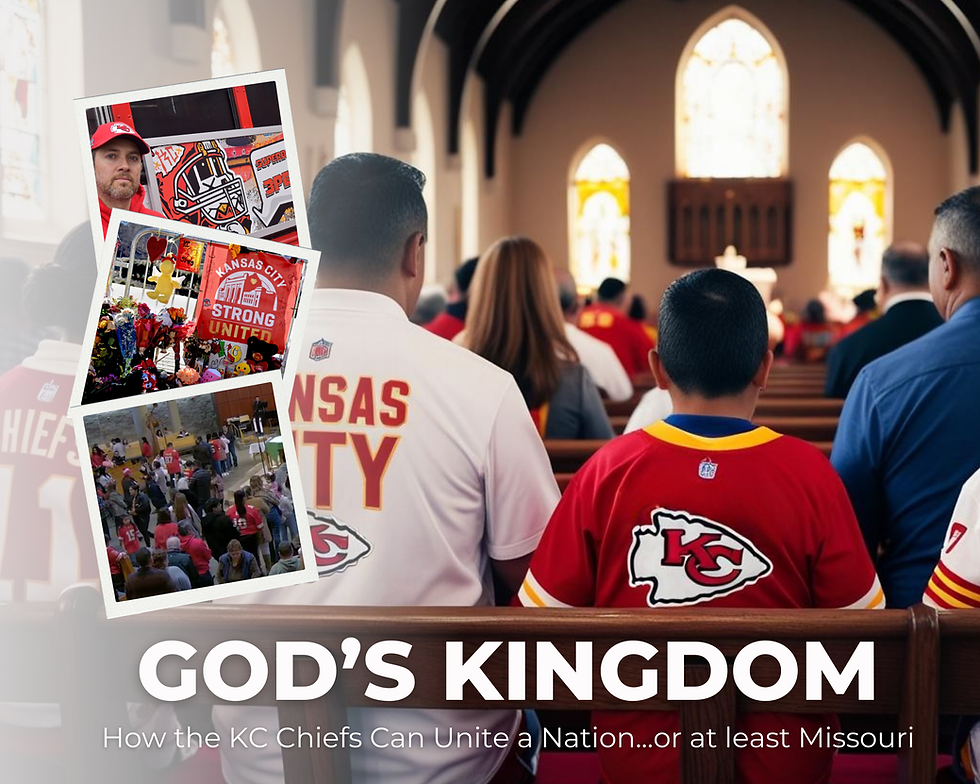Hispanics and a Better Kind of Politics
- leydenrovelo
- Aug 20, 2024
- 3 min read

“But I can’t vote! Why does it matter?” It is May and I’m teaching an evening class to our catechists on Catholic Social Teaching. We are talking about the Church’s teaching on the role and duty of Catholics in public life. I get where the speaker is coming from.
According to the Pew Research Center, a fact tank that conducts public opinion polls and demographic research, Hispanics/Latinos are less likely than other Americans to be eligible to vote. For two reasons: 1) we are younger than most (29% of Latinos are under 18, compared with 22% of the U.S. overall) and 2) some are not eligible to vote (19% of Latinos are not U.S. citizens, compared with 6% of the total U.S. population).[1]
However, it is likely that families may be of mixed immigration status. Someone in the house, probably a young adult, can vote. And even if that is not the case the Church, as the body of Christ, has a profound responsibility to engage with the political realities of our time. As Pope Francis asserts, "Religious liberty, by its nature, transcends places of worship and the private sphere of individuals and families…. Religion itself, the religious dimension, is not a subculture; it is part of the culture of every people and every nation." Our faith, far from being a private matter, must inform and shape our public witness, guiding us to advocate for justice, serve in public office, and infuse daily life with the transformative power of the Gospel.
As faithful Christians, we are meant to change the temporal order. We lead by example to what Pope Francis calls a “better kind of politics.” As Catholics, we are challenged to heed the Holy Father’s words that, "good Catholics immerse themselves in politics by offering the best of themselves so that the leader can govern." This is not a mere suggestion, but a call to action: to redefine our approach to political participation and civic engagement. As Catholics we are in a unique position to do away with the "inclination to be concerned only with myself, my group, my own petty interests" and instead seek "the good of all people.” To see disagreement as opportunities for fruitful collaboration rather than irreconcilable divisions.
While the Pope, cardinals, bishops and priests have a crucial role in governing the Church and handing down doctrine, it is the responsibility of the laity to bring the Gospel to bear on the world.
One of the most fundamental rights of a faithful citizen is the right to vote. To help shape the course of our country’s political and social destiny. By the same right, a faith-filled Christian recognizes that they too have a fundamental right to shape that destiny, and if eligible, vote with a well-formed conscience.
I had a conversation with the mother of four US citizens, kids born to her in the United States. Two are eligible to vote for this year. She said to me, “Though I cannot vote, I speak to my children about why it is important to vote. We talk about the Church’s view on all kinds of issues. Now I will use the Catholic Social Teaching themes to help form their conscience.” I didn’t ask her about her political affiliation. It is none of my business. But I was encouraged to hear her desire to inculcate in her children a love for God and country. She wants her children to love their country, her adopted country. I think it is a beautiful sacrifice for her vision of a better life for them and a better kind of politics.
[1] Blazina, C. (2024, May 23). Key facts about Hispanic eligible voters in 2024. Pew Research Center. https://www.pewresearch.org/short-reads/2024/01/10/key-facts-about-hispanic-eligible-voters-in-2024/




Comments